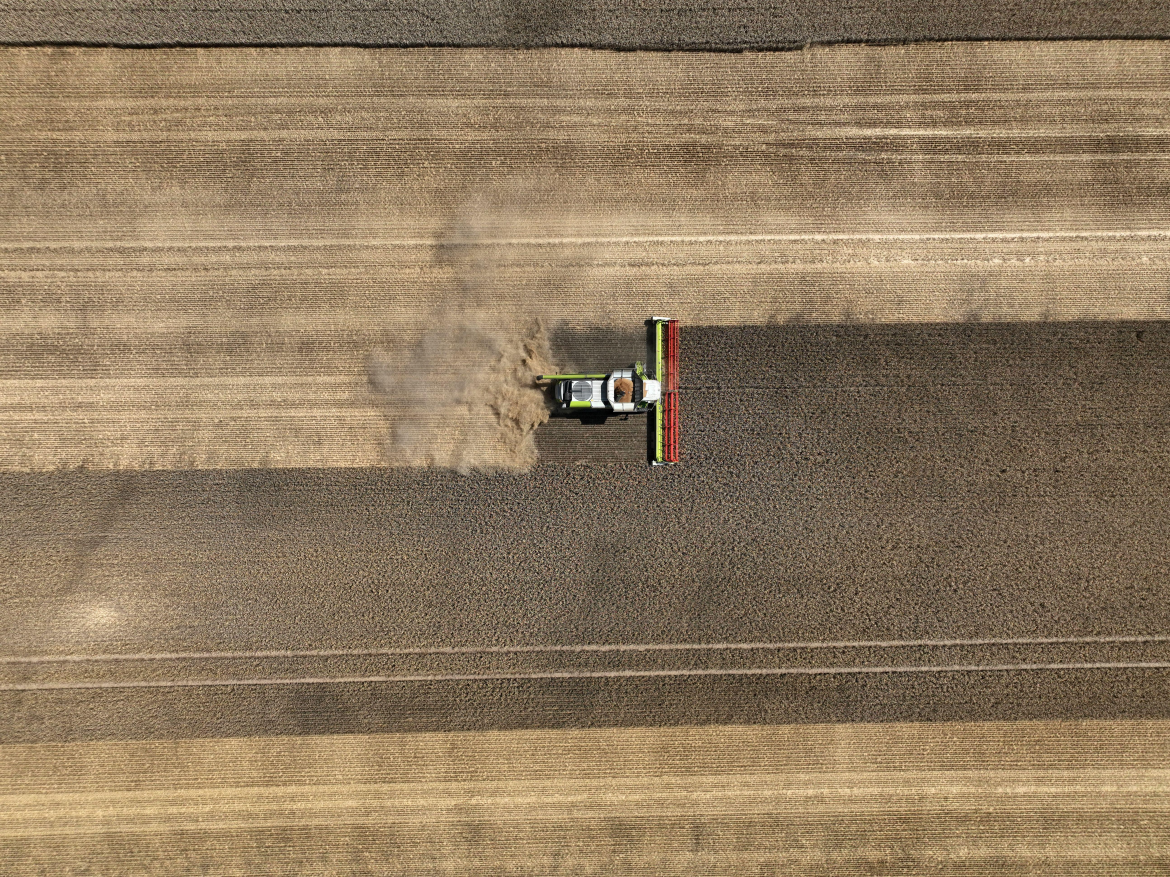The agricultural sector is at a crossroads, where the need for increased productivity must align with environmental responsibility. Precision farming offers a pathway to achieve this balance, utilizing advanced technologies to enhance crop yields while minimizing ecological impact. As we explore sustainability in precision agriculture, it becomes clear that these practices are crucial for the future of farming.
Understanding Precision Farming
Precision farming refers to the use of data-driven technologies to optimize agricultural practices. This approach involves the collection and analysis of various data points, including soil health, weather patterns, and crop performance. By leveraging these insights, farmers can make informed decisions that enhance productivity while reducing resource waste.
A key aspect of precision farming is its ability to apply inputs—such as water, fertilizers, and pesticides—more efficiently. By targeting specific areas of a field that require attention, farmers can minimize the overuse of resources, leading to lower emissions and reduced chemical runoff. This efficiency not only benefits the environment but also improves the economic viability of farming operations.
Implementing Sustainable Practices
Sustainable precision farming practices focus on maintaining soil health, conserving water, and promoting biodiversity. Techniques such as crop rotation, cover cropping, and reduced tillage are integral to this approach. These methods enhance soil structure, improve water retention, and foster beneficial organisms, all contributing to a healthier ecosystem.
Moreover, precision farming technologies can significantly lower water consumption. By utilizing soil moisture sensors and weather data, farmers can optimize irrigation schedules, ensuring crops receive just the right amount of water. This not only conserves a vital resource but also enhances crop resilience against climate variability.
The Role of Technology in Sustainability
Technological advancements play a pivotal role in enabling sustainable precision farming. Innovations such as satellite imagery and remote sensing provide farmers with real-time data on crop health and environmental conditions. This information allows for timely interventions, further enhancing productivity while minimizing negative impacts on the environment.
By adopting precision farming technologies, farmers can monitor their practices’ sustainability metrics, helping them to identify areas for improvement. This data-driven approach not only fosters accountability but also encourages continuous enhancement of agricultural practices.
Conclusion
In summary, sustainability in precision agriculture hinges on the effective implementation of precision farming practices. By embracing data-driven technologies, farmers can balance productivity with environmental responsibility, ensuring the longevity of their operations and the health of the planet. At CHCNAV Agriculture, our mission of “Building a Smart World with Precise Spatiotemporal Information” places environmental responsibility at the core of our innovations. We are committed to helping industries make data-driven, environmentally conscious decisions, paving the way for a more sustainable future in agriculture.
